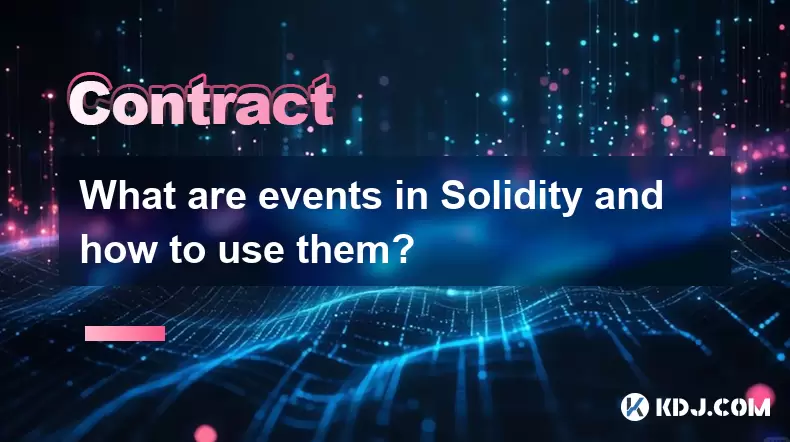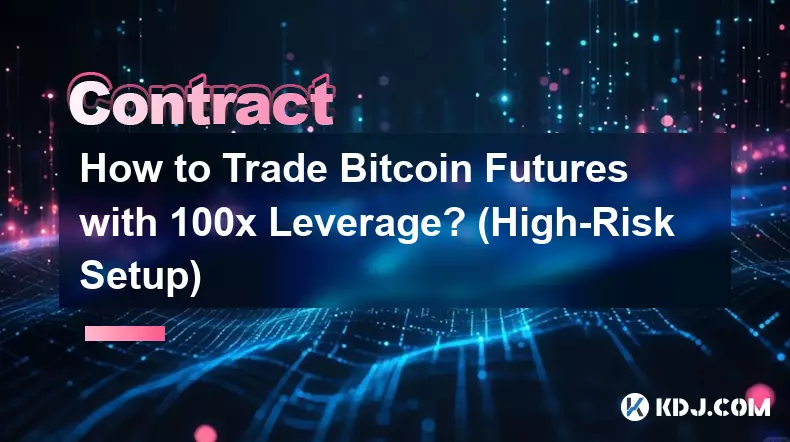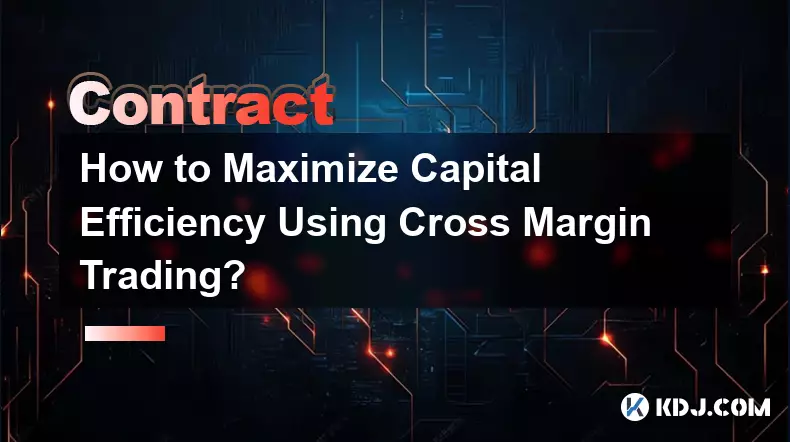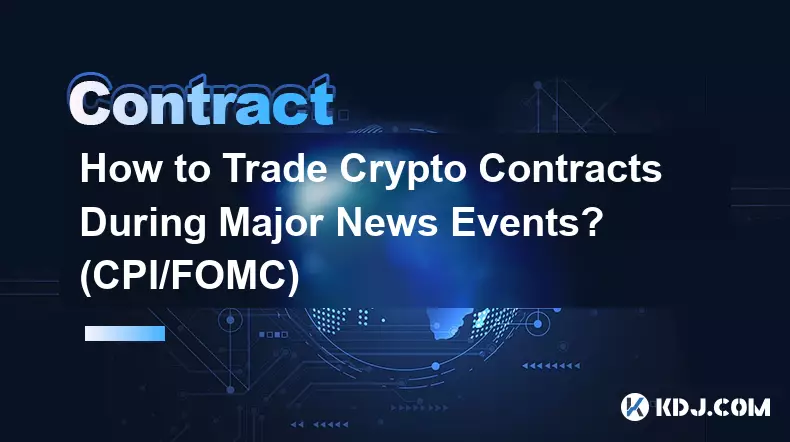-
 bitcoin
bitcoin $87959.907984 USD
1.34% -
 ethereum
ethereum $2920.497338 USD
3.04% -
 tether
tether $0.999775 USD
0.00% -
 xrp
xrp $2.237324 USD
8.12% -
 bnb
bnb $860.243768 USD
0.90% -
 solana
solana $138.089498 USD
5.43% -
 usd-coin
usd-coin $0.999807 USD
0.01% -
 tron
tron $0.272801 USD
-1.53% -
 dogecoin
dogecoin $0.150904 USD
2.96% -
 cardano
cardano $0.421635 USD
1.97% -
 hyperliquid
hyperliquid $32.152445 USD
2.23% -
 bitcoin-cash
bitcoin-cash $533.301069 USD
-1.94% -
 chainlink
chainlink $12.953417 USD
2.68% -
 unus-sed-leo
unus-sed-leo $9.535951 USD
0.73% -
 zcash
zcash $521.483386 USD
-2.87%
What are events in Solidity and how to use them?
Solidity events enable contracts to log data via the `emit` keyword, allowing dApps to listen for and process real-time updates using tools like Web3.js.
Jul 20, 2025 at 08:07 pm

Understanding Events in Solidity
In Solidity, events are a way for a contract to communicate with the external world. They allow smart contracts to emit logs that can be listened to and processed by decentralized applications (dApps), wallets, and other external services. Events are particularly useful for tracking changes in the contract state and providing real-time updates to the front-end interface.
Solidity events are declared using the event keyword followed by the event name and a list of parameters. These parameters can be indexed or unindexed, with indexed parameters being searchable in the logs. When an event is emitted, it is stored in the transaction’s log, which is part of the blockchain but not accessible to other smart contracts.
Declaring Events in Solidity
To declare an event in Solidity, you use the event keyword inside the contract scope. Here's a basic example:
pragma solidity ^0.8.0;
contract MyContract {
event MyEvent(address indexed sender, uint256 amount);
}
In this example, MyEvent is an event that logs the address of the sender and the amount of Ether transferred. The indexed keyword allows the sender parameter to be used as a filter when querying logs.
You can include up to three indexed parameters in an event. This limitation is due to the Ethereum Virtual Machine (EVM) log structure, which allows only up to three topics for filtering.
Emitting Events in Solidity
Once an event is declared, it can be emitted using the emit keyword. This is typically done inside a function where a notable action occurs. Here’s how you can emit the event declared earlier:
function sendFunds(address payable recipient, uint256 amount) public payable {
recipient.transfer(amount);
emit MyEvent(msg.sender, amount);
}
In this function, after transferring funds to the recipient, the contract emits the MyEvent event with the sender’s address and the amount sent. The emit statement must match the event’s parameter list in both number and type.
When the event is emitted, the EVM creates a log entry that is stored in the transaction receipt. This log can later be accessed by external applications.
Listening to Events Using Web3.js
To make use of events in a dApp, you need to listen to them using a tool like Web3.js or Ethers.js. Here's how you can set up a listener using Web3.js:
- Initialize Web3: Connect to an Ethereum node using a provider like Infura or MetaMask.
- Get the contract instance: Use the contract's ABI and address to create a contract object.
- Set up the event listener:
const myContract = new web3.eth.Contract(abi, contractAddress);
myContract.events.MyEvent()
.on('data', event => {
console.log('Event triggered:', event.returnValues);
})
.on('error', error => {
console.error('Error listening to event:', error);
});
This code listens for the MyEvent event and logs the data whenever it is emitted. The returnValues property contains the parameters passed when the event was triggered.
Practical Use Cases of Events
Events are not just for logging; they play a crucial role in dApp development. Some common use cases include:
- Tracking token transfers: ERC-20 and ERC-721 standards use the
Transfer event to log when tokens are moved between accounts. - Notifying front-end updates: When a contract state changes, emitting an event allows the front-end to update in real-time.
- Audit and monitoring: Events provide a transparent and immutable record of contract activity, which is useful for compliance and debugging.
For example, in a voting contract, you might emit an event every time a vote is cast:
event VoteCast(address indexed voter, string proposal);
This allows external systems to track voting activity and ensure transparency.
Best Practices for Using Events
When working with events in Solidity, it's important to follow best practices to ensure efficiency and clarity:
- Use indexed parameters for filtering: If you need to query logs based on a specific parameter, mark it as indexed.
- Don’t overuse events: Emitting too many events can increase gas costs and clutter the logs.
- Document event parameters: Clearly explain what each parameter represents in the event declaration.
- Use descriptive names: Event names should clearly indicate the action they represent, such as
TokensTransferred or OwnershipTransferred.
Avoid emitting events in loops or high-frequency functions unless necessary, as this can significantly increase gas consumption.
Frequently Asked Questions
Q: Can events be used to communicate between smart contracts?
No, events cannot be used for inter-contract communication. They are stored in the transaction logs and are only accessible to off-chain applications.
Q: How much gas do events consume?Events consume gas because they are part of the transaction. The exact cost depends on the number and size of the parameters, especially whether they are indexed or not.
Q: Are events stored permanently on the blockchain?Yes, events are stored in the Ethereum logs, which are part of the blockchain. However, they are not directly accessible to smart contracts.
Q: Can I emit an event without any parameters?Yes, you can declare and emit events without any parameters. This is useful for signaling that a particular action has occurred without needing to pass any data.
Disclaimer:info@kdj.com
The information provided is not trading advice. kdj.com does not assume any responsibility for any investments made based on the information provided in this article. Cryptocurrencies are highly volatile and it is highly recommended that you invest with caution after thorough research!
If you believe that the content used on this website infringes your copyright, please contact us immediately (info@kdj.com) and we will delete it promptly.
- Bitcoin Drops Amidst Analyst Warnings and Shifting Market Sentiment
- 2026-02-05 09:40:02
- Georgia Brothers Sentenced to 20 Years for Elaborate COAM Gambling Fraud Scheme
- 2026-02-05 09:45:01
- MicroStrategy Stock Loss: Pension Funds Face 60% Plunge Amidst Crypto Volatility
- 2026-02-05 10:55:01
- Super Bowl LX: Teddy Swims, Green Day, and a Legacy Toss Set for 2026 Extravaganza
- 2026-02-05 07:20:02
- Fantasy Football Premier League Round 25: Key Player Picks, Tips, and Advice for Optimal Team Performance
- 2026-02-05 07:15:02
- Remittix Launches PayFi Platform with a Generous 300% Bonus Offer, Driving Investor Excitement
- 2026-02-05 07:05:01
Related knowledge

How to Manage Emotions and "Revenge Trading" in Futures?
Feb 05,2026 at 12:19am
Understanding Emotional Triggers in Futures Markets1. Market volatility directly impacts psychological states, often amplifying fear or euphoria based...

How to Analyze Market Sentiment Using the Fear and Greed Index?
Feb 05,2026 at 07:40am
Understanding the Fear and Greed Index1. The Fear and Greed Index is a composite metric designed to quantify prevailing emotional states among cryptoc...

How to Use Volume Profile to Find Key Futures Entry Levels?
Feb 04,2026 at 11:39pm
Understanding Volume Profile Structure1. Volume Profile displays the distribution of traded volume at specific price levels over a defined time period...

How to Trade Bitcoin Futures with 100x Leverage? (High-Risk Setup)
Feb 05,2026 at 11:00am
Understanding Bitcoin Futures Mechanics1. Bitcoin futures contracts represent agreements to buy or sell BTC at a predetermined price and date in the f...

How to Maximize Capital Efficiency Using Cross Margin Trading?
Feb 05,2026 at 12:40am
Cross Margin Trading Fundamentals1. Cross margin trading allows traders to use their entire account balance as collateral for open positions across mu...

How to Trade Crypto Contracts During Major News Events? (CPI/FOMC)
Feb 05,2026 at 09:59am
Understanding Market Sensitivity to Macro Data Releases1. Cryptocurrency futures markets exhibit pronounced volatility during U.S. CPI and FOMC announ...

How to Manage Emotions and "Revenge Trading" in Futures?
Feb 05,2026 at 12:19am
Understanding Emotional Triggers in Futures Markets1. Market volatility directly impacts psychological states, often amplifying fear or euphoria based...

How to Analyze Market Sentiment Using the Fear and Greed Index?
Feb 05,2026 at 07:40am
Understanding the Fear and Greed Index1. The Fear and Greed Index is a composite metric designed to quantify prevailing emotional states among cryptoc...

How to Use Volume Profile to Find Key Futures Entry Levels?
Feb 04,2026 at 11:39pm
Understanding Volume Profile Structure1. Volume Profile displays the distribution of traded volume at specific price levels over a defined time period...

How to Trade Bitcoin Futures with 100x Leverage? (High-Risk Setup)
Feb 05,2026 at 11:00am
Understanding Bitcoin Futures Mechanics1. Bitcoin futures contracts represent agreements to buy or sell BTC at a predetermined price and date in the f...

How to Maximize Capital Efficiency Using Cross Margin Trading?
Feb 05,2026 at 12:40am
Cross Margin Trading Fundamentals1. Cross margin trading allows traders to use their entire account balance as collateral for open positions across mu...

How to Trade Crypto Contracts During Major News Events? (CPI/FOMC)
Feb 05,2026 at 09:59am
Understanding Market Sensitivity to Macro Data Releases1. Cryptocurrency futures markets exhibit pronounced volatility during U.S. CPI and FOMC announ...
See all articles










































































